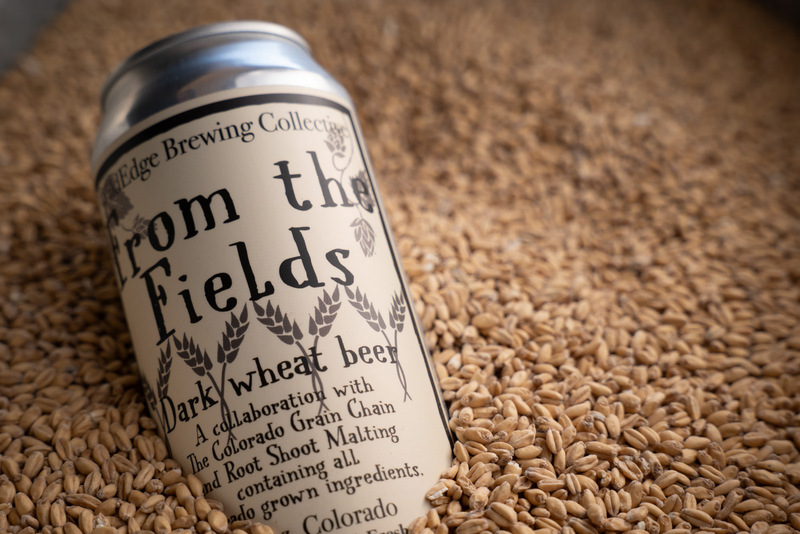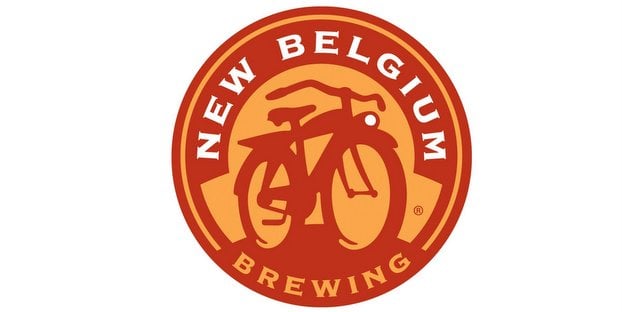The Colorado Grain Chain (CGC) is a nonprofit organization of businesses and consumers seeking to grow and connect a community-centered grain economy in the state of Colorado. Here’s an explanation from Dr. Nanna Meyer of UCCS and Dan Hobbs of the Cooperative Development Center (RMFU) on the significance of supporting the Colorado Grain Chain movement.
Back in May 2023, the Colorado Grain Chain released a Brewers & Distillers Microgrant Program encouraging the use of Colorado Grown Grains. The idea was to award four participants — one from each of Colorado’s four major watersheds– with $4,000 each to craft a beverage made exclusively from Colorado-grown grains. The CGC chose two from the Colorado River, one from the Rio Grande River, and one from the South Platte River watersheds.
That program was a success, and the CGC announced the new products launched from the Brewers & Distillers Microgrant Program: a Czech-style pale lager, a German dunkelweizen beer, a sarvisberry sloe gin, and a quinoa vodka, all made in-state with Colorado grown ingredients.
“We’re incredibly excited about the success of our first Brewers & Distillers Microgrant Program in 2023, and the unique new products that have come from local suppliers and producers,” said Lisa Boldt, staff member of the CGC. “We’re very impressed by the creativity and collaboration of all the grant recipients, and the way this program has stimulated so many parts of the grain food chain.”
Three of the four products have already been released, and the fourth product is slated to be bottled and ready for sale by February 2024.
About the final products

WildEdge Brewing Collective in Cortez used its CGC grant to create a German dunkelweizen-style beer for the fall season – something owner/brewer Tucker Robinson had wanted to explore since he learned of Loveland-based Root Shoot Malting’s new Munich-style wheat malt in early 2023. Robinson used a German weizen yeast from Denver’s Inland Island yeast laboratory to create From The Fields, a darker wheat beer with a malt-forward taste made popular by Oktoberfests and other non-hoppy beers, released in early October.
The Czech-style pale lager, named Foamies, was created through a collaboration between Cohesion Brewing in Denver, and Weldwerks Brewing in Greeley. Cohesion founder Eric Larkin had been wanting to work with Weldwerks founder Skip Schwartz, and the CGC grant provided the perfect opportunity. They created the recipe, using Troubadour Maltings of Fort Collins to prepare the grains, and Schwartz’s yeast. The first 900-gallon batch sold out within two weeks in August, and the second larger batch, canned in November, is now available around the state.
Inspired by the plentiful amounts of wild sarvisberries, aka serviceberries, growing in the Steamboat area, Routt Distillery owner Brad Christensen applied for a CGC grant to pursue his take on a sloe gin, normally made with sloes from blackthorn trees. Working with local environmental nonprofit Yampatika, Christensen foraged and harvested 50 pounds of sarvisberries, infused it with a 50/50 mix of his neutral spirits of vodka and gin, and released Emerald Mountain Sarvis Gin, available in the distillery’s tasting room for $42 a bottle.
In Mosca, Colorado, where the quinoa grain was first introduced to America, Dune Valley Distillery is using its CGC grant to create the country’s first quinoa vodka. After sampling a quinoa vodka from France, owner Nicholas Chambers partnered with quinoa pioneer White Mountain Farms to malt and distill Colorado Quinoa Vodka. Chambers is working with the CGC to scale up to a 395-gallon quinoa mash for an 80-gallon spirits distillation in early summer 2024, to be used for fruit infusions and an apothecary line.
According to the CGC, the organization is working to promote Colorado grown grains and ingredients to all parts of the food chain and will be announcing a new microgrant program in spring 2024.





Leave a Reply
You must be logged in to post a comment.